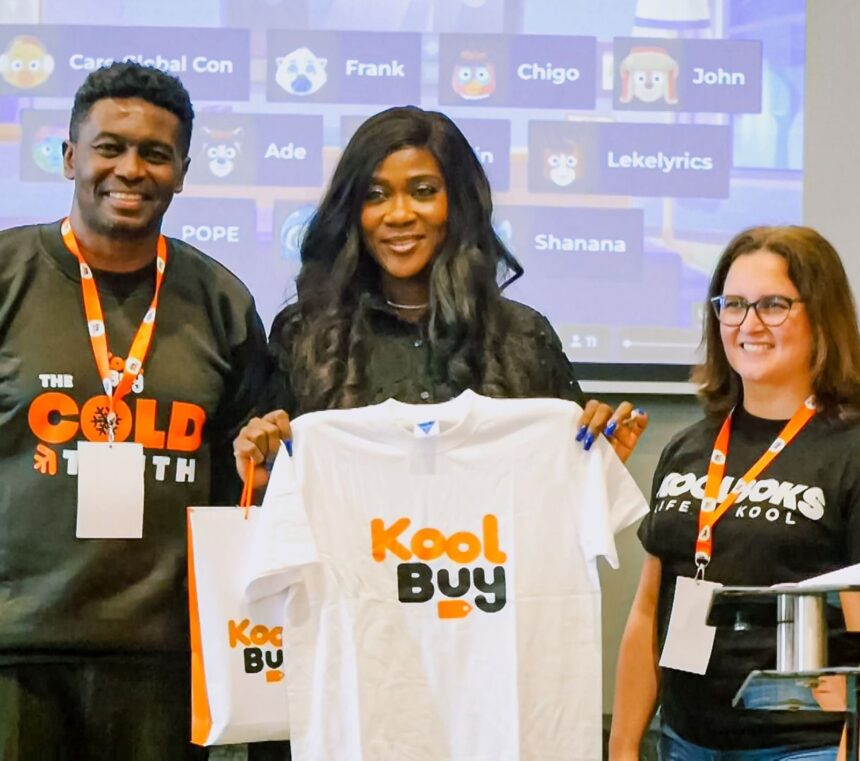Across Sub-Saharan Africa, the lack of reliable refrigeration remains a daily challenge. Power outages are frequent, and many communities are not even connected to the national grid. For small traders, this often means losing unsold food to spoilage. For healthcare facilities, it can mean wasted vaccines and lifesaving medicines. This is where solar cooling in Africa is stepping in as a game changer. Nigerian-French startup Koolboks is pioneering the use of solar-powered freezers that run independently of unreliable electricity grids. By pairing renewable energy with smart financing and digital technology, the company is making cooling solutions both affordable and scalable.
The company recently secured $11 million in Series A funding, a milestone that will accelerate its mission to bring sustainable cooling to underserved communities. The round was co-led by KawiSafi Ventures, Aruwa Capital, and All On, with additional participation from FFEM, bpifrance, UK Aid, IKEA Foundation, Innovate UK, BGFA Uganda, CEI Africa, and the Shell Foundation. According to Crunchbase, this brings Koolboks’ total funding to $15.4 million.
Expanding Access to Solar Cooling in Africa
Founded in 2018 by Ayoola Dominic and Deborah Gaël, Koolboks has already made significant progress. The company has deployed over 10,000 solar-powered freezers in 25 countries, with Nigeria, Côte d’Ivoire, and Senegal serving as its biggest markets.
Unlike traditional refrigeration models, Koolboks has adopted flexible ownership options. Customers can either purchase freezers outright or use pay-as-you-go (PAYGO) financing, which allows small payments spread over time. This model has been especially popular among market traders, fishermen, and small restaurants that cannot afford large upfront costs.
Through Koolbuy, its dedicated buy-now-pay-later (BNPL) platform, the company is also extending credit to support third-party cooling products. This positions Koolboks not only as a hardware provider but as a financial enabler for access to essential technology.
Another standout initiative is Scrap4New, which gives customers the option to trade in old or broken freezers for discounts on solar-powered replacements. Refurbished units are resold at lower prices, while those beyond repair are stripped for parts or recycled. This reduces electronic waste and ensures that solar cooling in Africa reaches a wider range of income levels.
Local Manufacturing to Cut Costs and Drive Adoption
A key part of Koolboks’ growth strategy is its plan to establish a local assembly plant in Nigeria within the next 12 to 18 months. This facility will reduce dependence on imported equipment, cutting logistics costs and eliminating heavy import duties.
By assembling locally, Koolboks expects to lower the retail cost of its freezers by 15–20%, making them more affordable for everyday users. In an environment where affordability remains the biggest barrier to adoption, this cost reduction could play a transformative role in accelerating access to solar cooling in Africa.
Technology and Data: Beyond Just Refrigeration
Koolboks’ ambition goes beyond simply selling freezers. Each unit is equipped with IoT-enabled technology that allows for real-time monitoring of temperature, energy usage, and payments. Customers benefit from increased transparency and control, while the company gains recurring revenue streams from financing and data-driven services.
This integrated approach sets Koolboks apart from competitors such as ColdHubs, SunDanzer, and EcoCooling, which primarily focus on hardware. By combining solar technology, financing, IoT monitoring, and trade-in programs, Koolboks has carved out a niche at the intersection of clean energy and financial inclusion.
Why Solar Cooling in Africa Matters
Cooling is not just about comfort, it is about economic stability, food security, and public health. In markets across Africa, small business owners many of them women, often lose significant income when food spoils due to power cuts. Clinics risk losing vital medicines and vaccines that require stable refrigeration.
The stakes are high. The global cooling industry is valued at $271.9 billion, yet Sub-Saharan Africa remains underpenetrated due to regulatory hurdles, expensive equipment, and lack of consumer financing. Studies show that in countries like Nigeria, Mozambique, and Sudan, as much as 40% of the population remains at high risk due to inadequate access to cooling. The consequences include lost income, reduced food availability, and health risks for vulnerable populations.
Koolboks is helping to close this gap by ensuring that solar cooling in Africa is both accessible and affordable. Its financing programs and trade-in initiatives are particularly important for rural and low-income communities that have historically been excluded from such technologies.
While the company has faced obstacles in markets like Kenya and Central Africa due to regulatory and financing challenges, it remains focused on scaling up in its strongest markets. The new funding will not only support the Nigerian assembly plant but also expand Koolboks’ financing programs and recycling initiatives.



